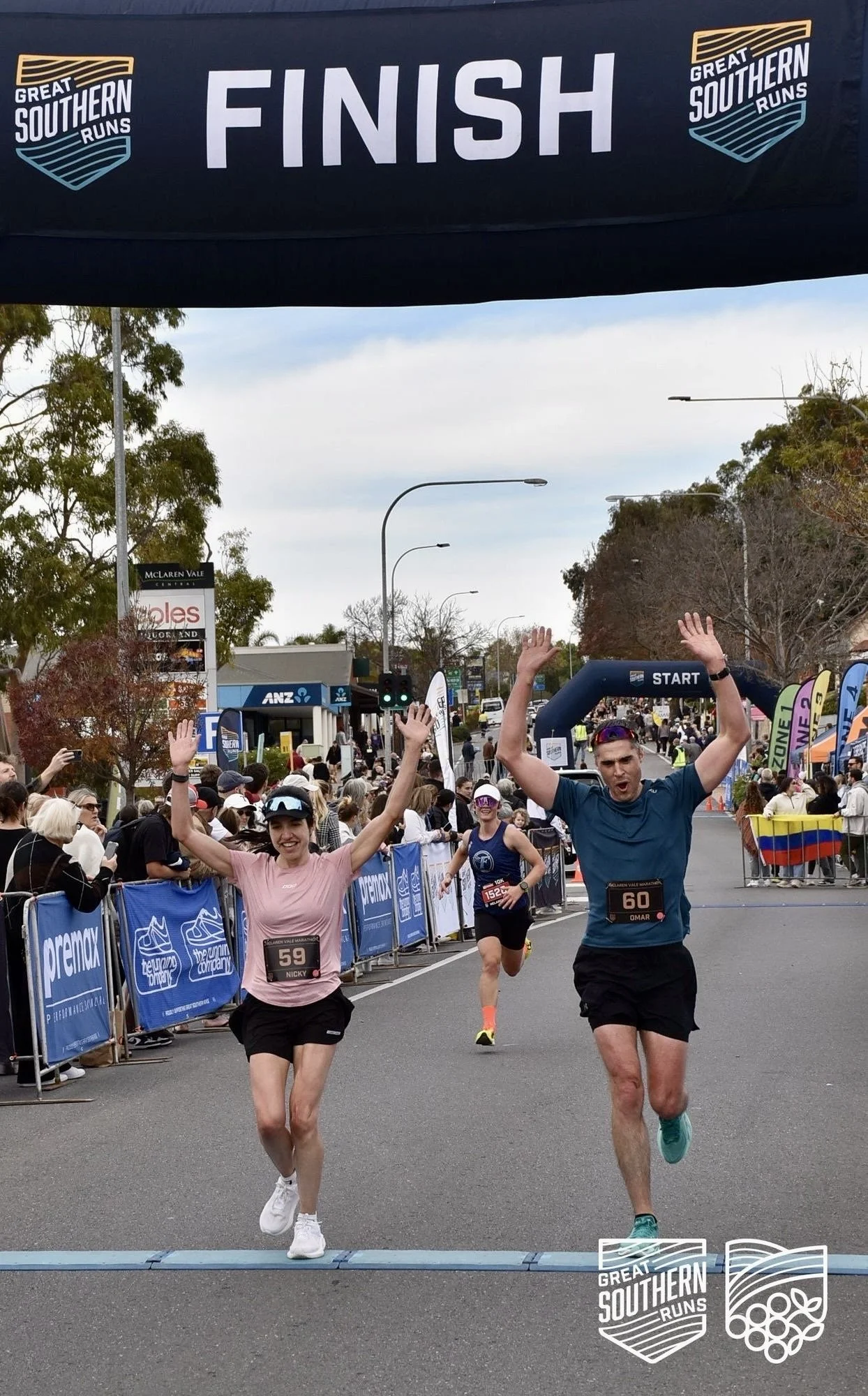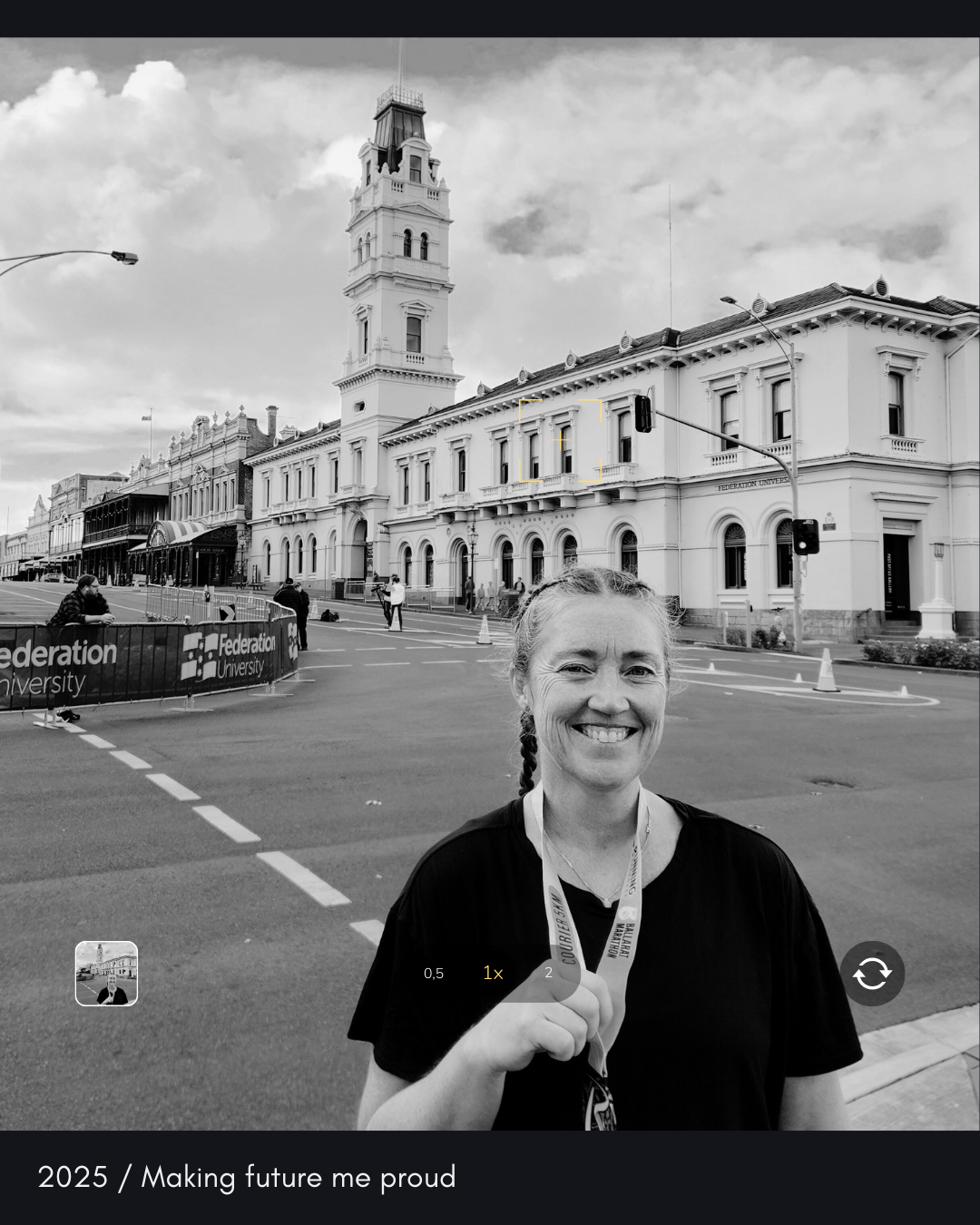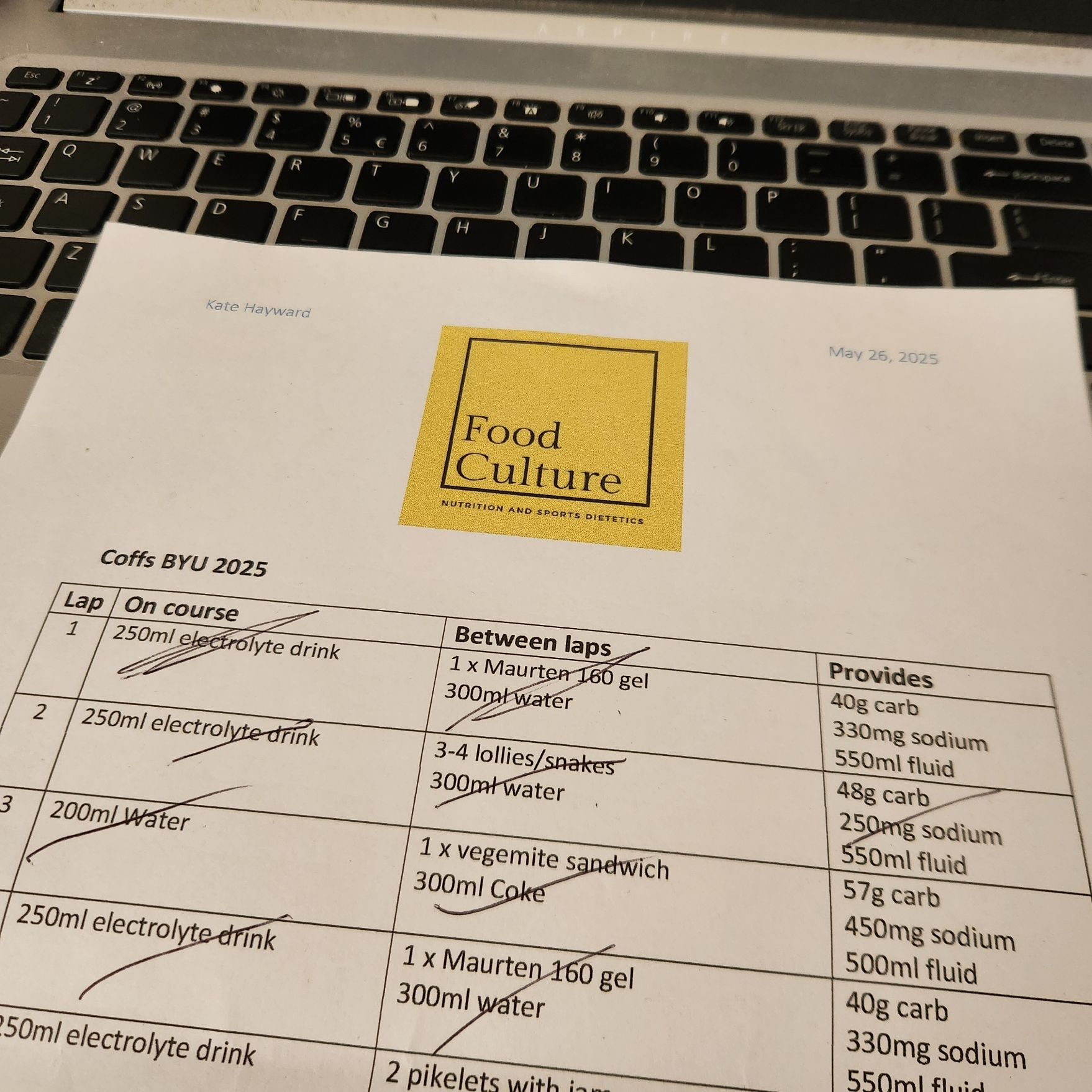I’ve realised that my journey with running over the past few years is connected to learning patience. I’ve always been a little bit impatient with myself as a runner. I get a kind of greedy with progress and improvement and I WANT MORE - my instinct is to ramp things up. That passion, while powerful, has led me into a cycle of injury at times. Now I’m working hard to break that pattern through patience and consistency.
Patience is often what separates those who achieve long-term, sustainable results from those who burn out or break down. Here are five areas where I’m learning (and relearning) to be patient with my running:
1. Patience in Base Building and Returning from Injury
Right now, I’m running 8–10 km every second day. I want to do more. I want to do speedwork. But I’m building my base, hopefully properly this time.
Base building is the foundation of endurance. It’s easy to skip ahead when you’re feeling good, but conditioning to running takes time to develop. That means 12 or more weeks of mostly easy running, gradually increasing volume and time on your feet.
The same applies when returning from injury. Connective tissue, bones, and even your neuromuscular system need time to re-adapt. Base building takes time. And yep, patience.
2. Patience with Weekly Volume Increases
Your body doesn’t adapt in a week, it adapts over many months and years. I’m aiming to be deliberate about increasing my volume gradually and including adaptation/recovery weeks, giving the body time to absorb load (like I would with my athletes!). Think big picture. Think months, training blocks and years.
3. Patience with Speedwork - forcing nothing
Speed gains come from the compounding effects of aerobic development, strategic workouts, and enough recovery. I’m trying to just keep running consistently, when I feel good my run might end up a bit faster, but I’m aiming to be non-judgmental, just building fitness and gains from consistency only. I’m working on deliberately not forcing or rushing my progress. And there-in will lie the progress!
4. Patience with Long Run Progress
Gradual increases and regular down weeks my focus. I see everyone around me running 20-30k, but I just have to be patient and build my base first, and my mental resilience.
5. Patience with the Current Version of myself
As runners, we’re often chasing a version of ourselves - maybe it's who we used to be, or who we think we should be by now. If you’re like me and are in a cycle of over-reaching, you’re back after time off or injury, it can be hard not to want to prove your running like the previous version of yourself. I’m working on being kinder to the runner I am today. This is the version of me that is present and doing the work to progress.
Progress in running is measured in months and years, not days and weeks. When you feel like rushing your running progress, try zooming out, see the bigger picture and where you want to be, gradually building over time, remaining patient. If you can’t do it yourself, a coach can help structure your training for an optimal build.
Want Help Staying Patient, Calm, and Focused?
If you struggle with patience, confidence or focus, I created my Guided Visualization for Runners to help you stay centered and calm in your training and racing.
Click here to download it now and train your mind like you train your body.












